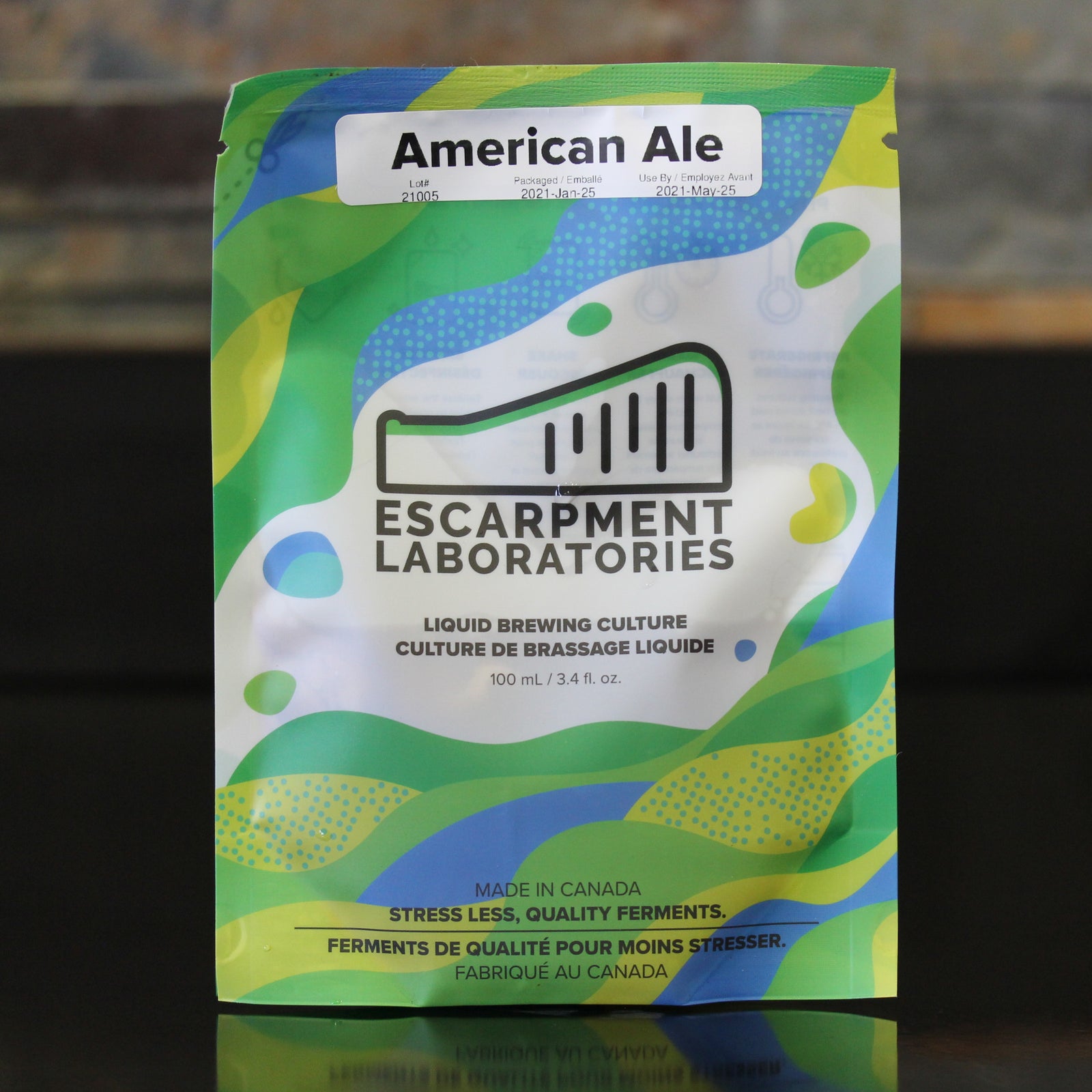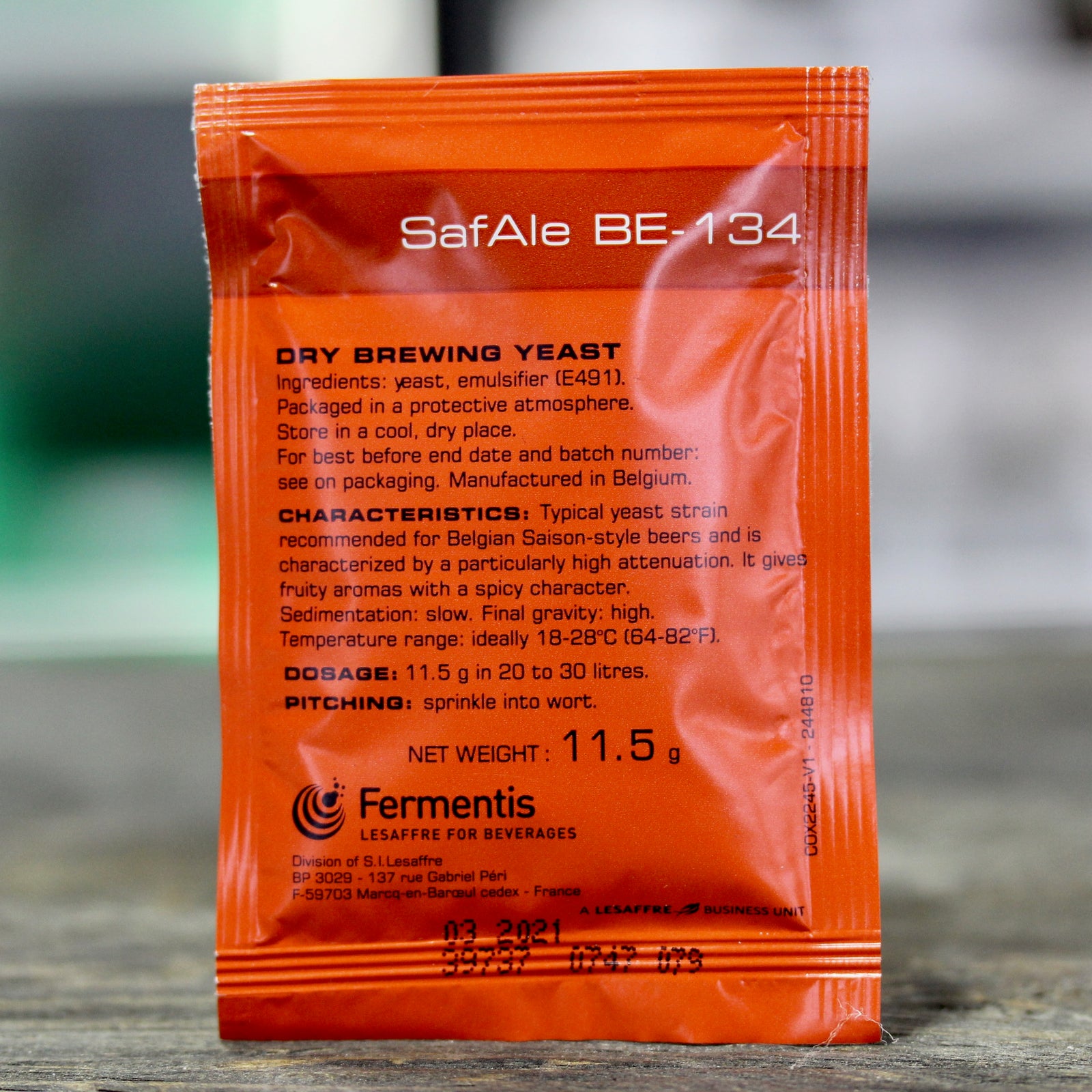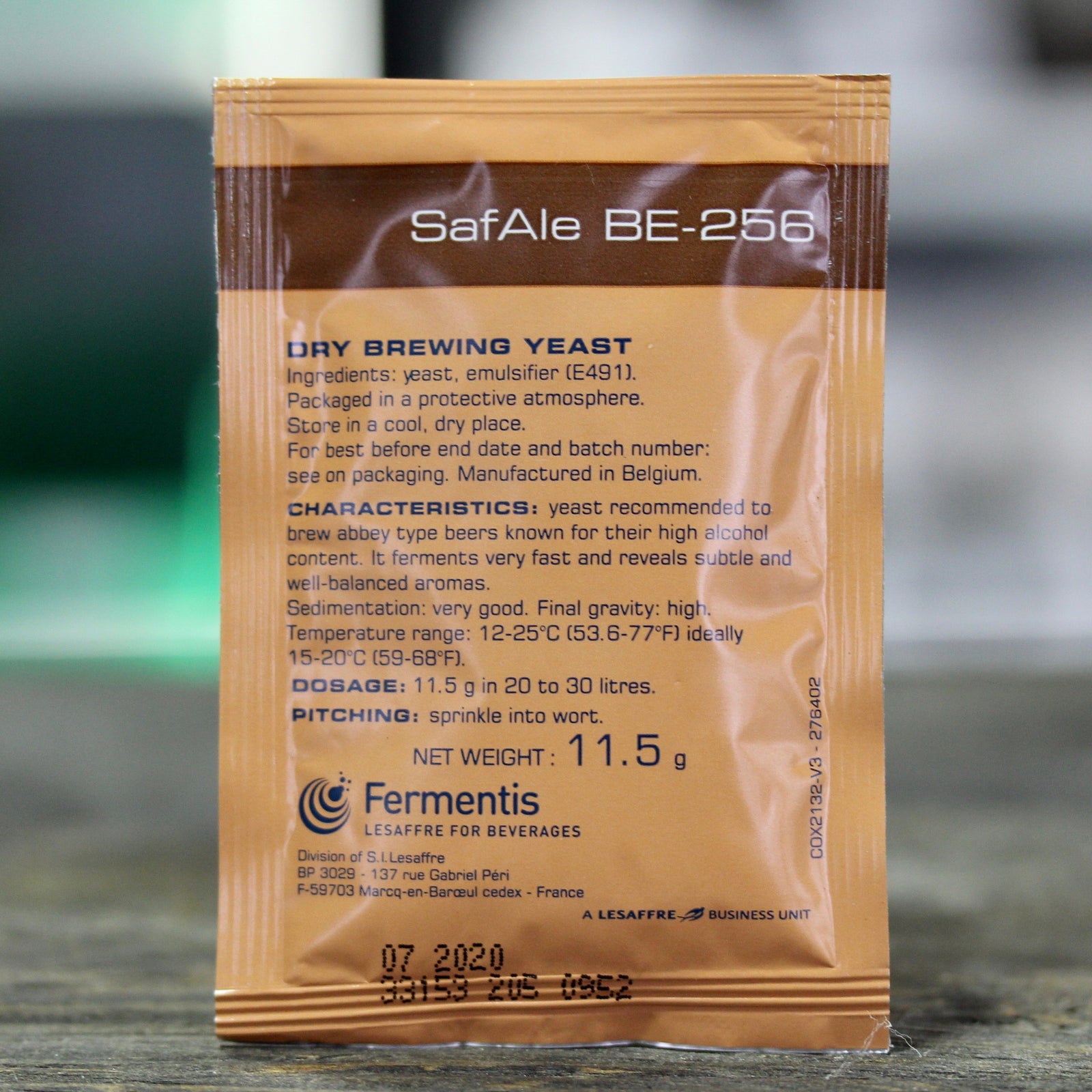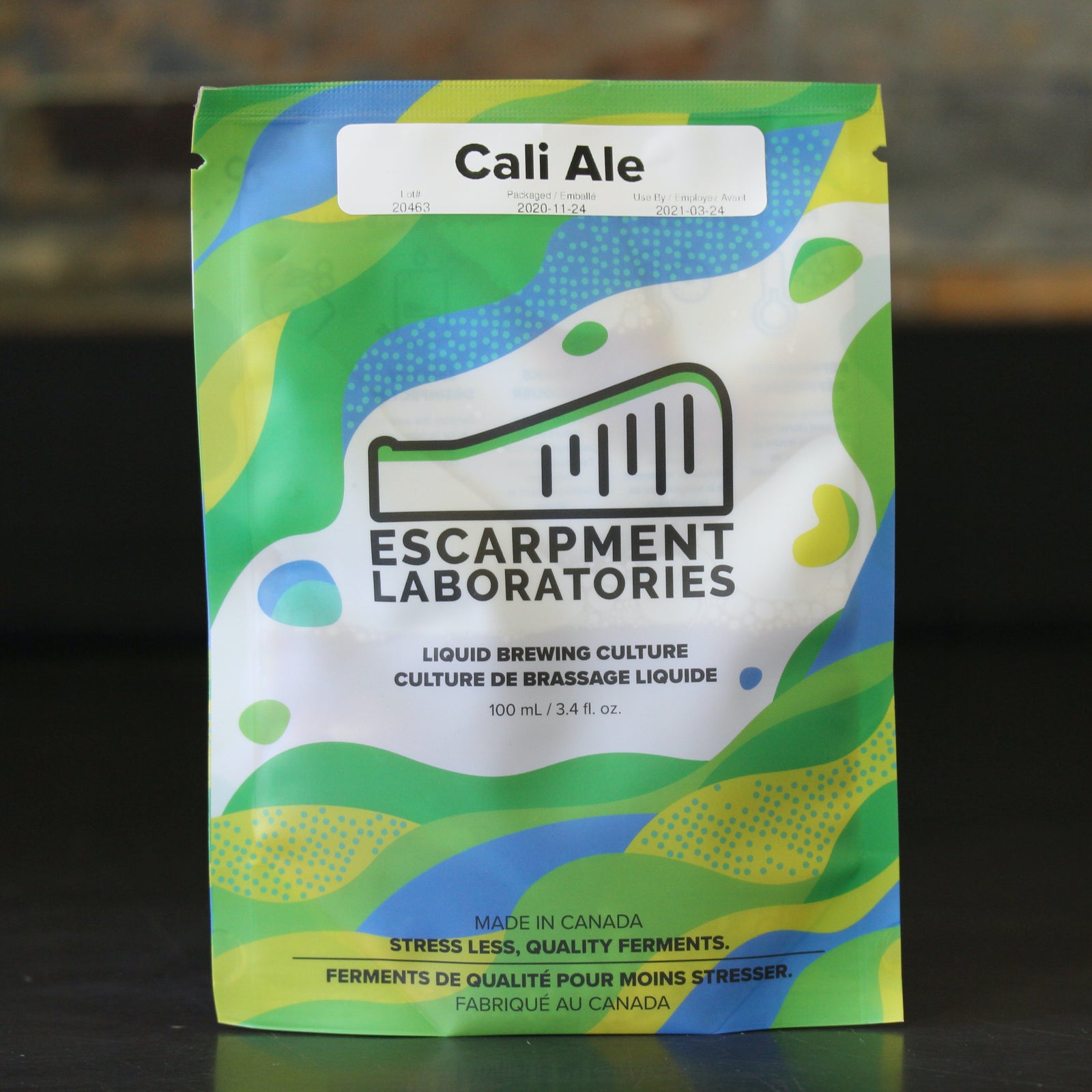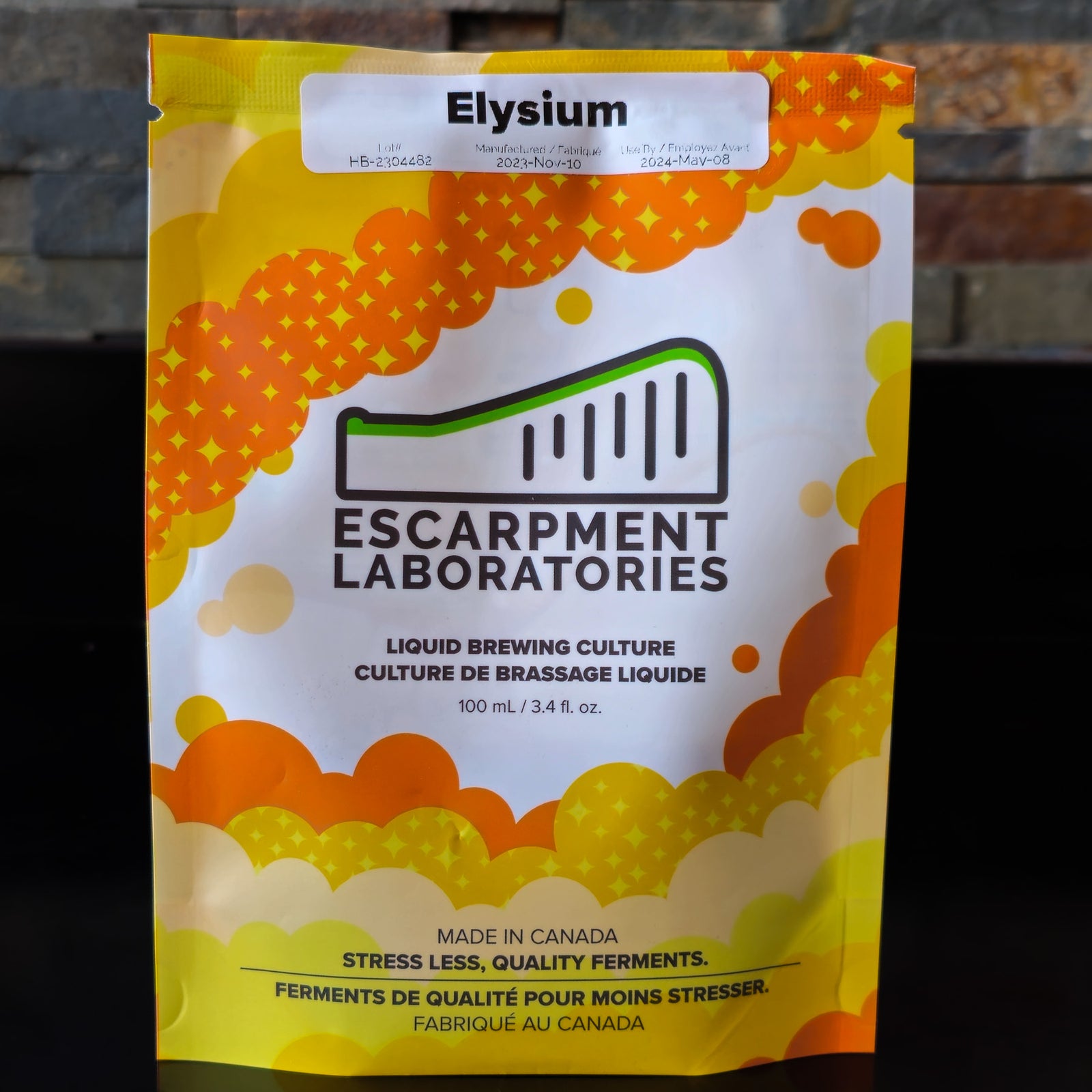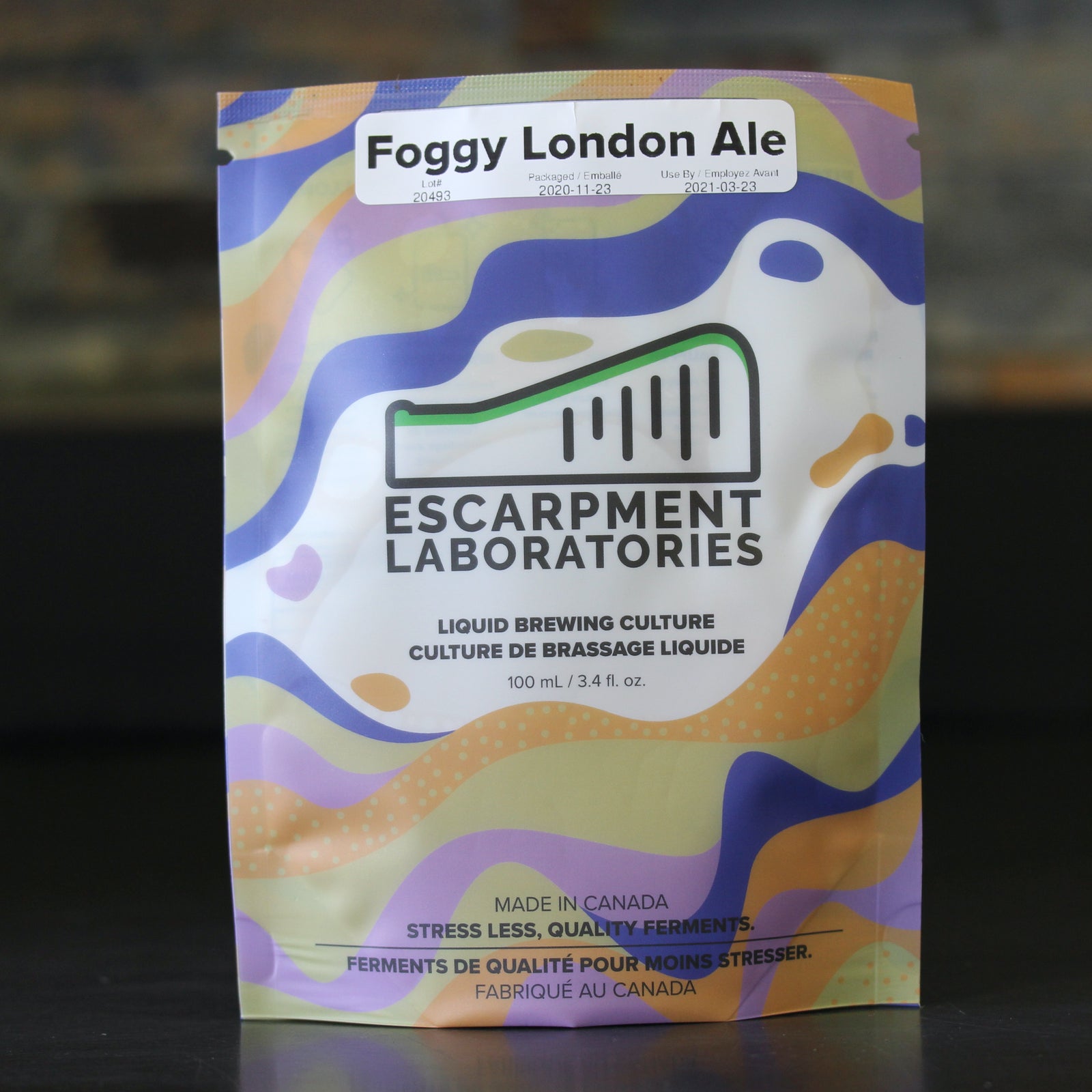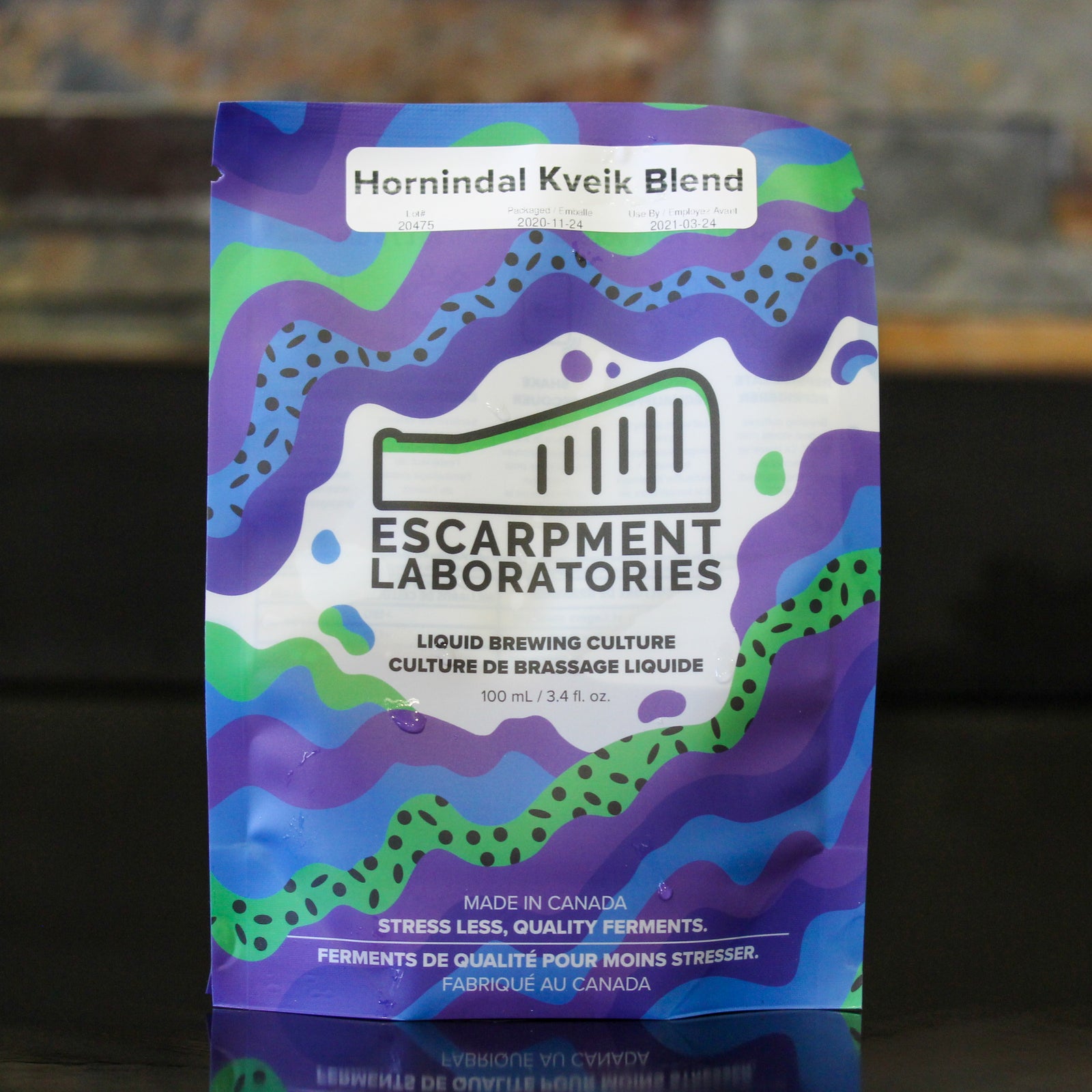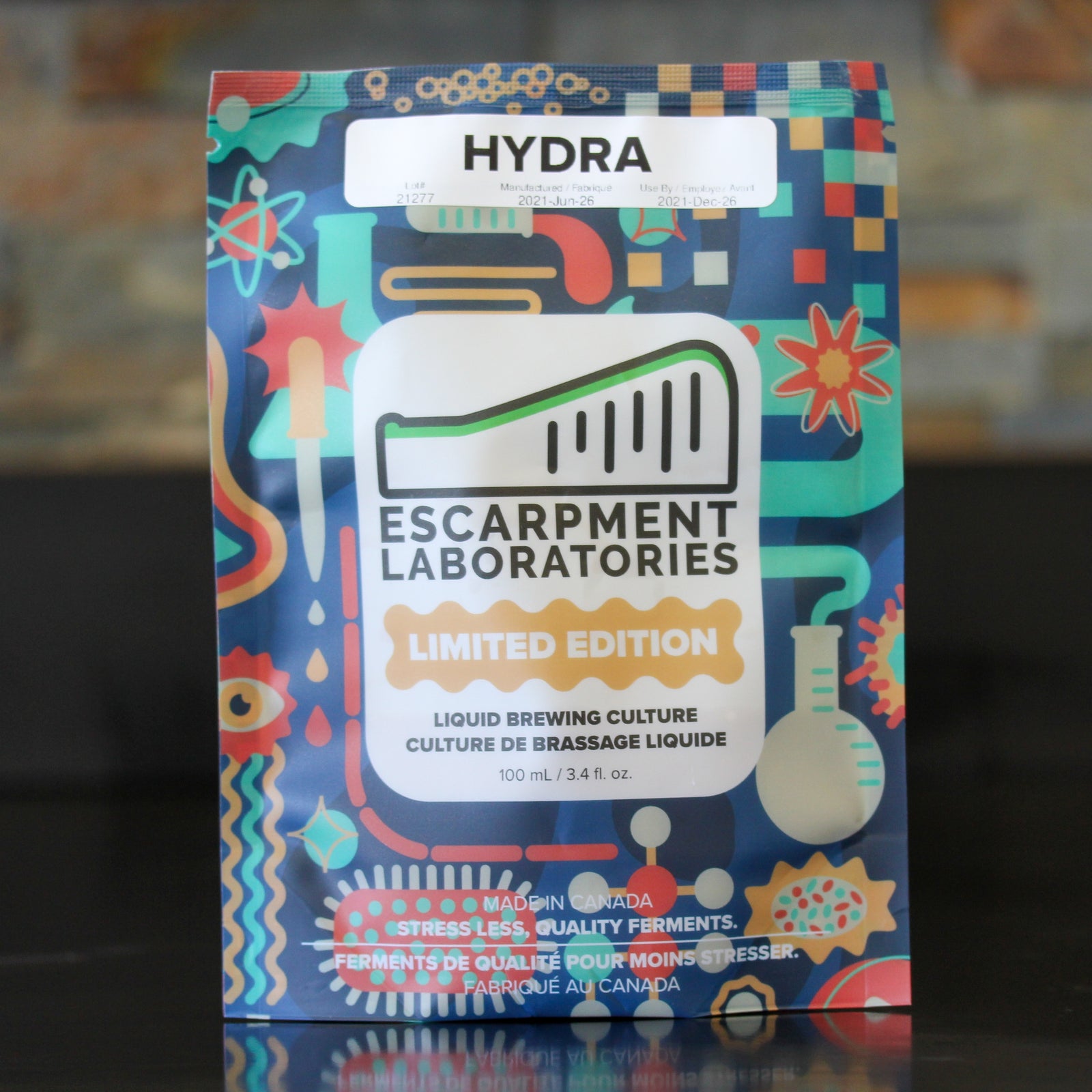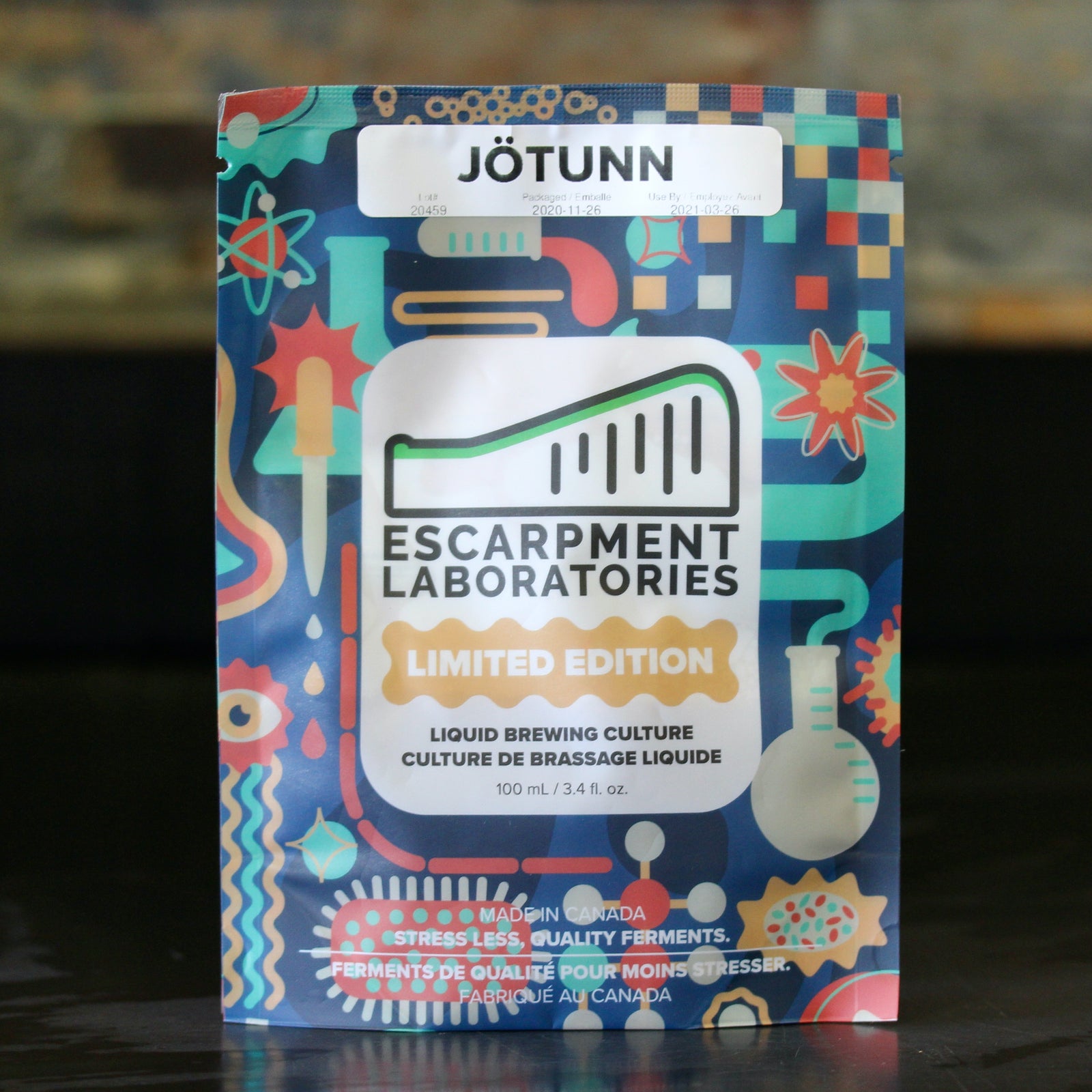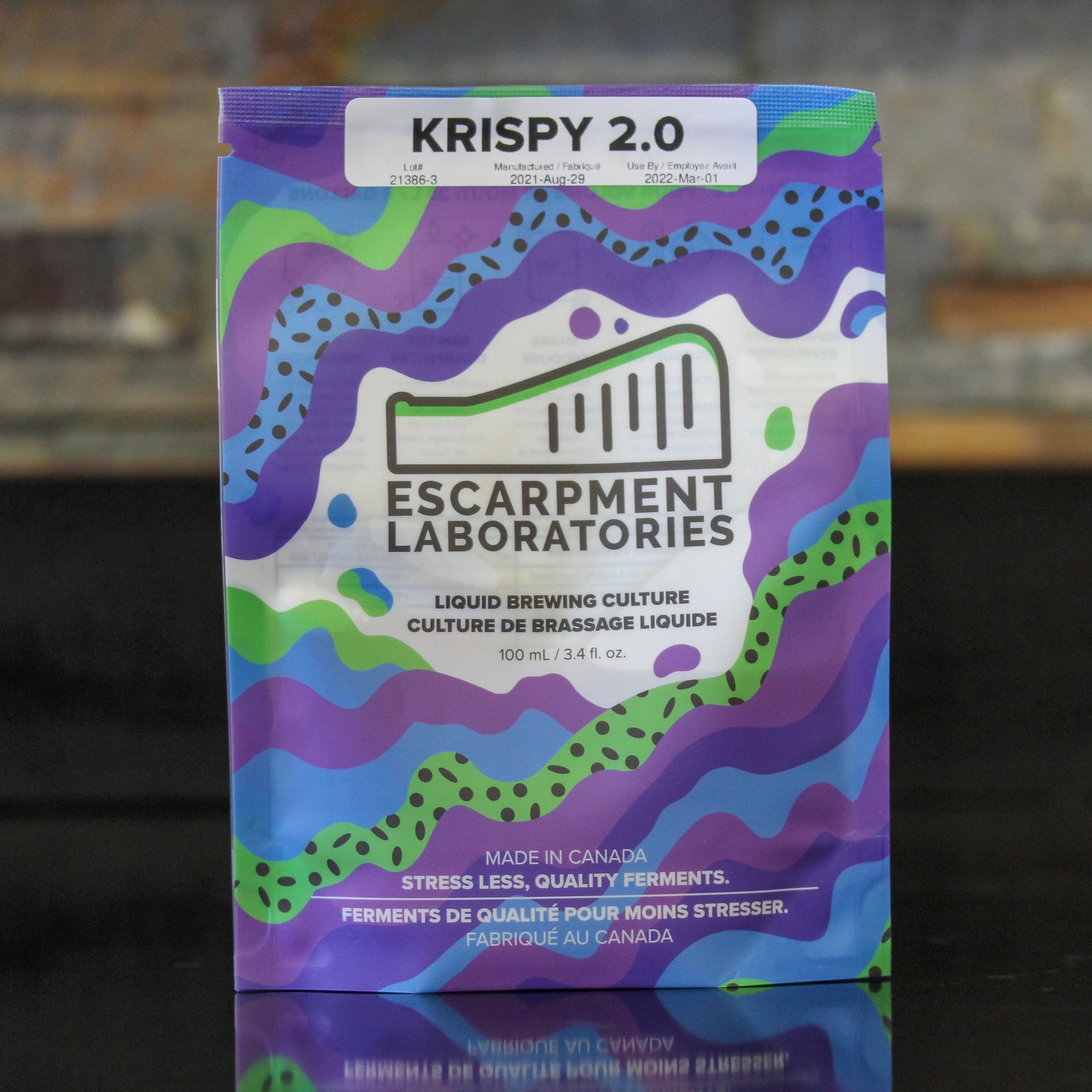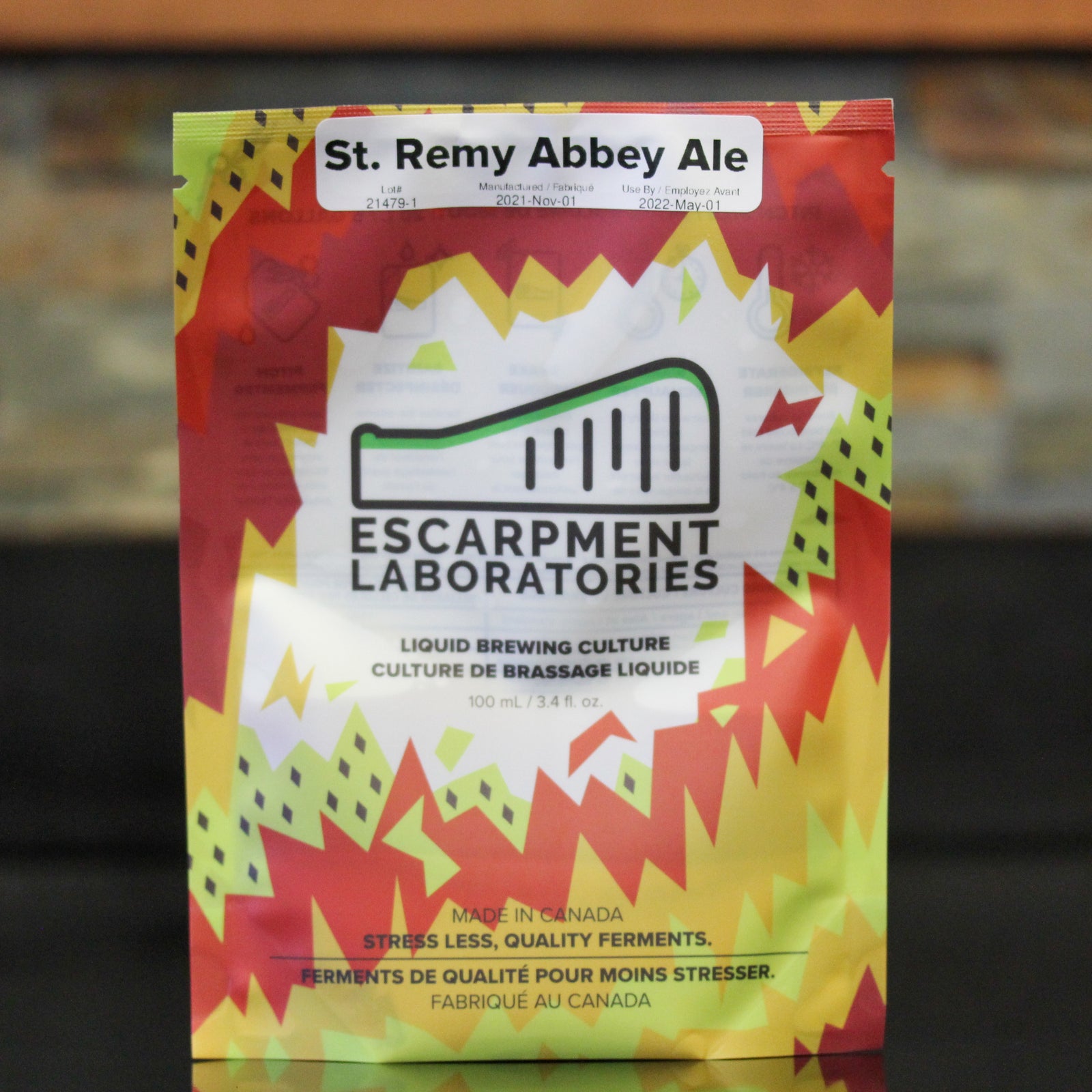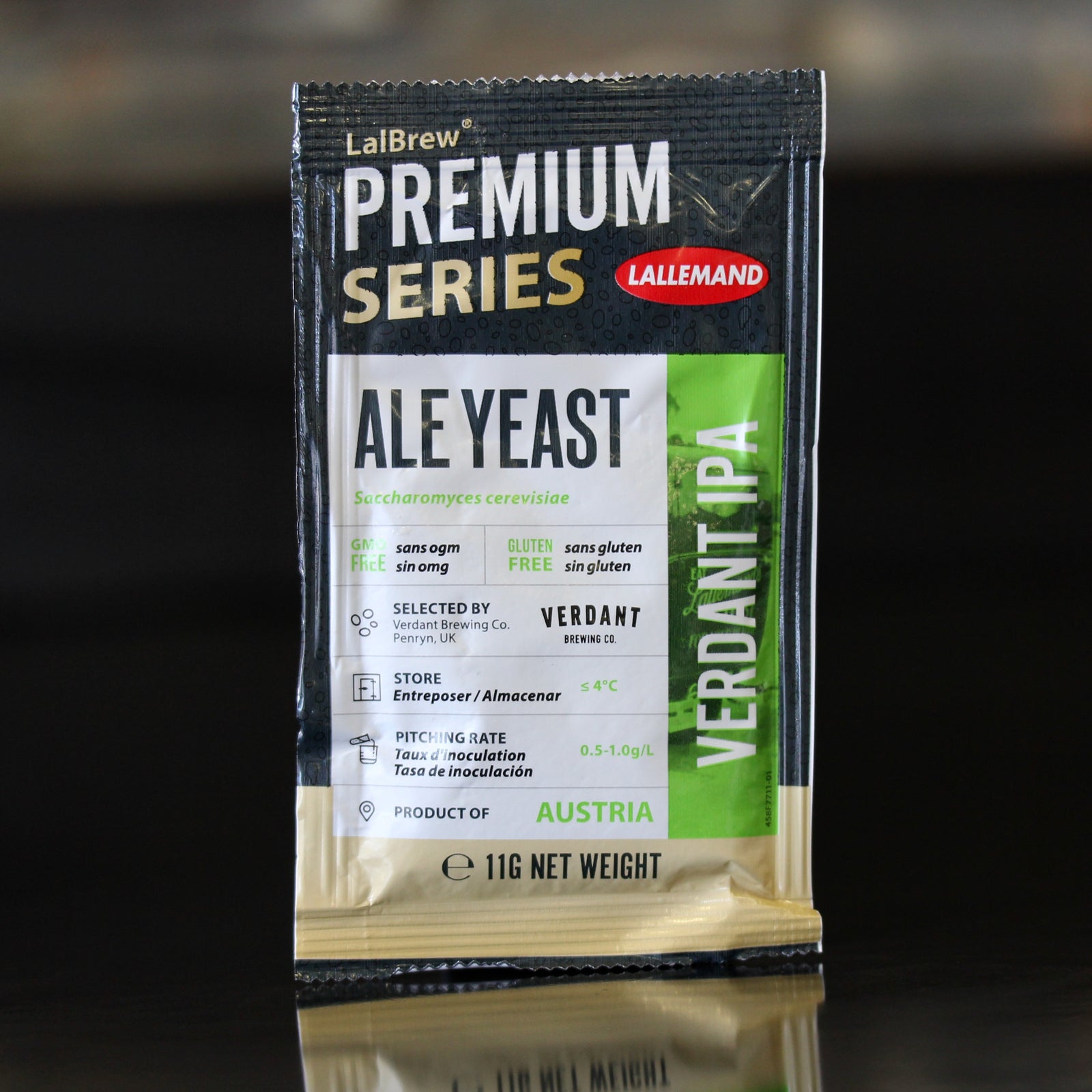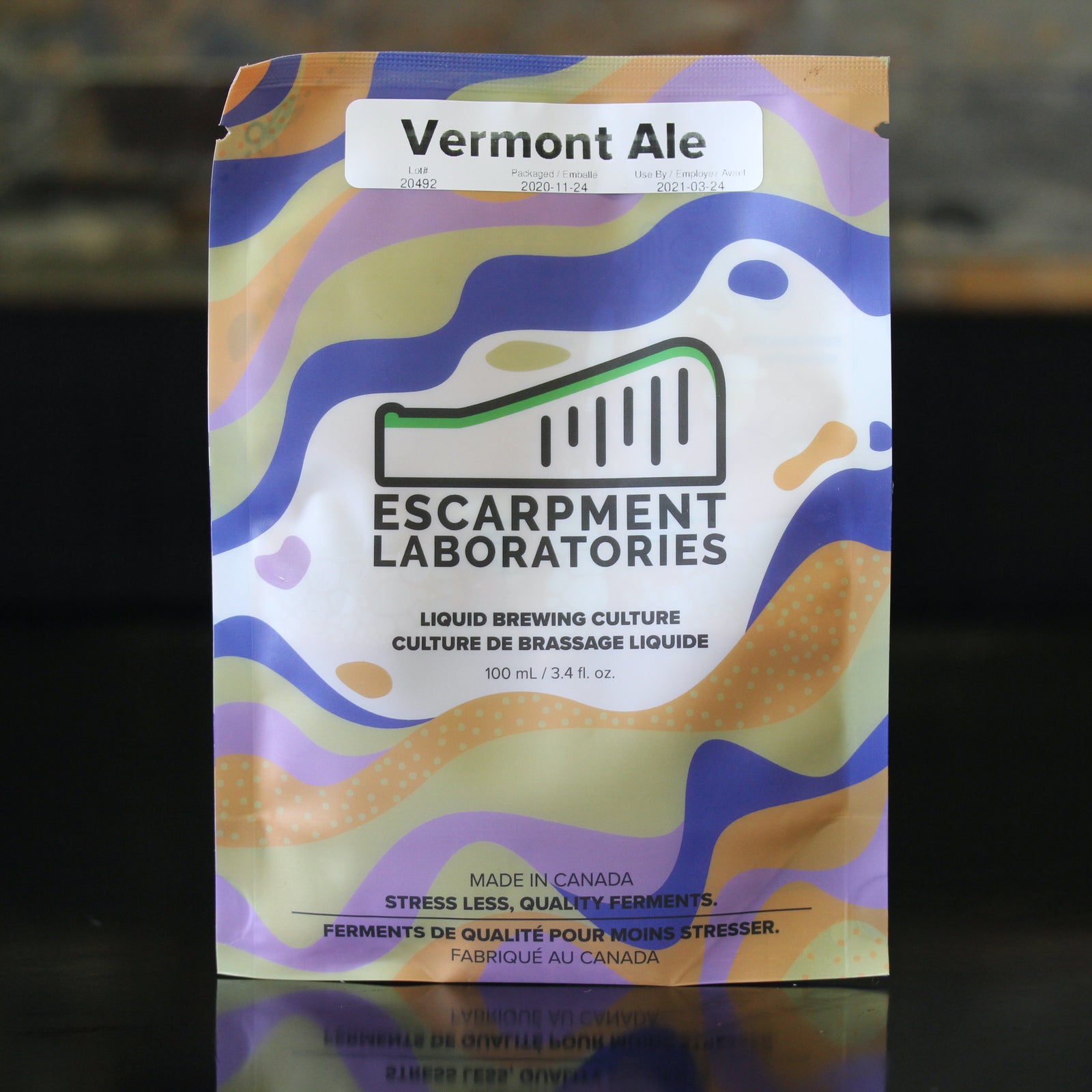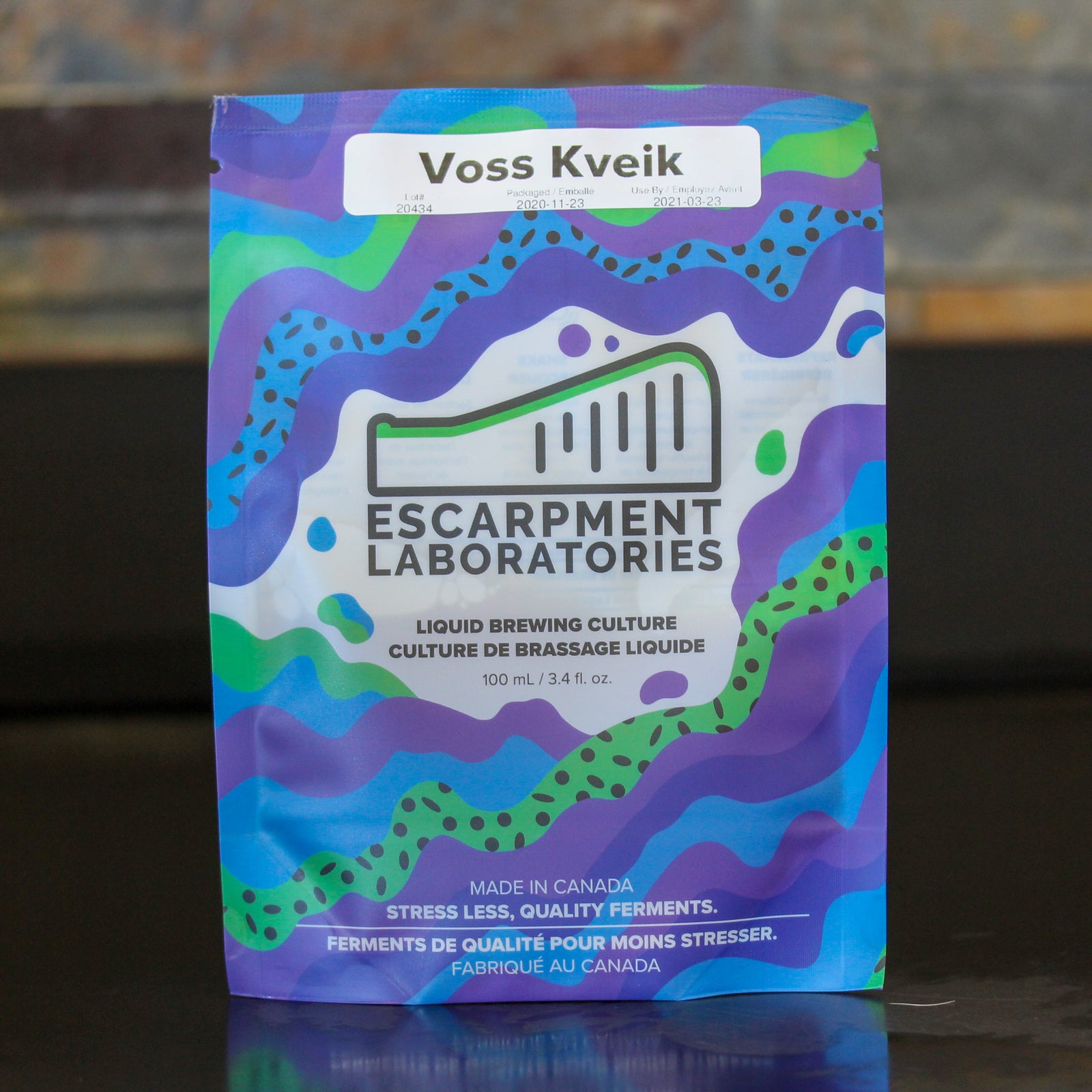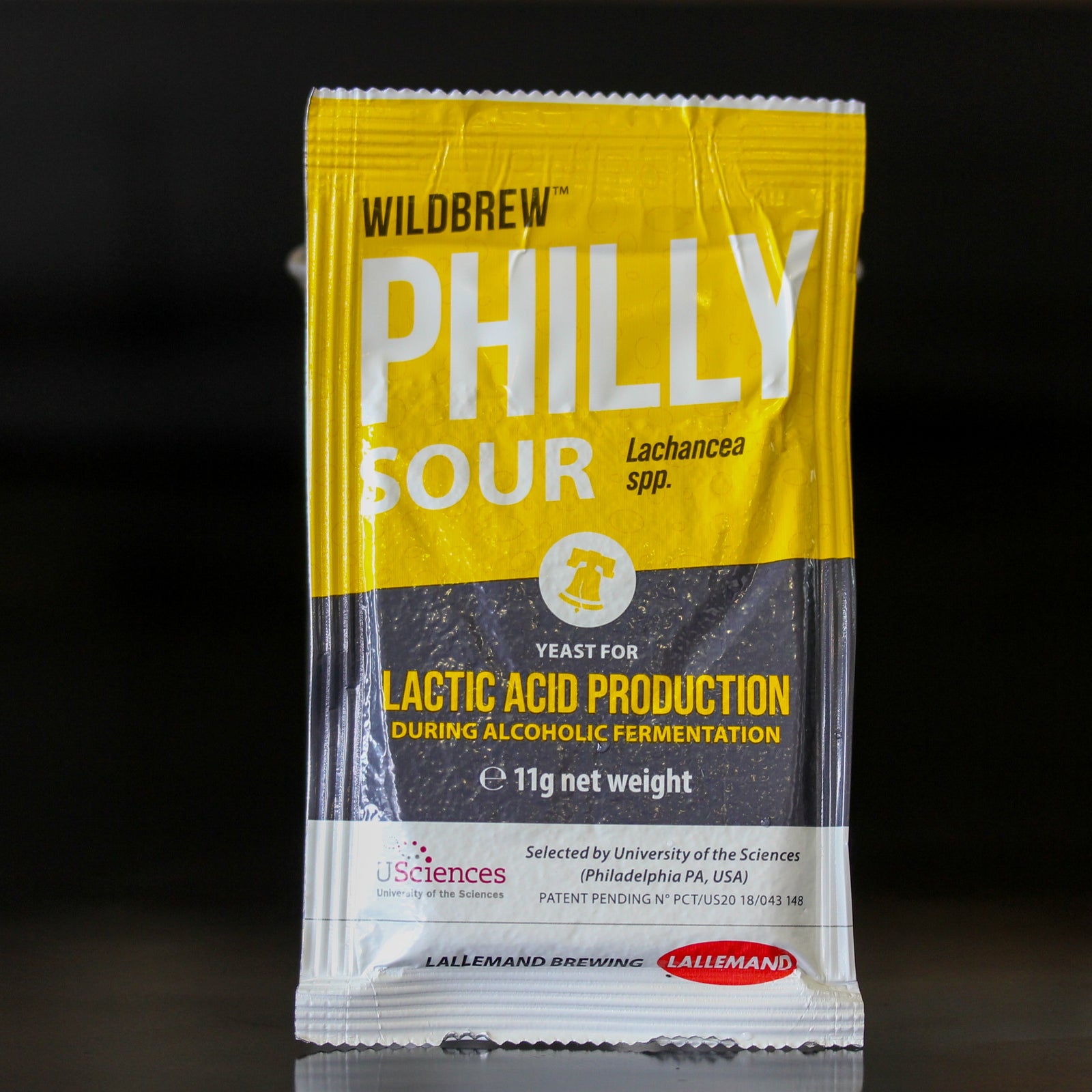INGREDIENTS & RECIPES
Try one of our peer reviewed recipes and ingredient kits! Each of these recipes are designed and hand crafted by the staff at KJ.
All kits include the required ingredients and instructions.
Try one of our peer reviewed recipes and ingredient kits! Each of these recipes are designed and hand crafted by the staff at KJ.
All kits include the required ingredients and instructions.
EQUIPMENT
Starter kits are a great way to get started brewing. Our different kits have everything you need to get that first batch cooking.
Starter kits are a great way to get started brewing. Our different kits have everything you need to get that first batch cooking.
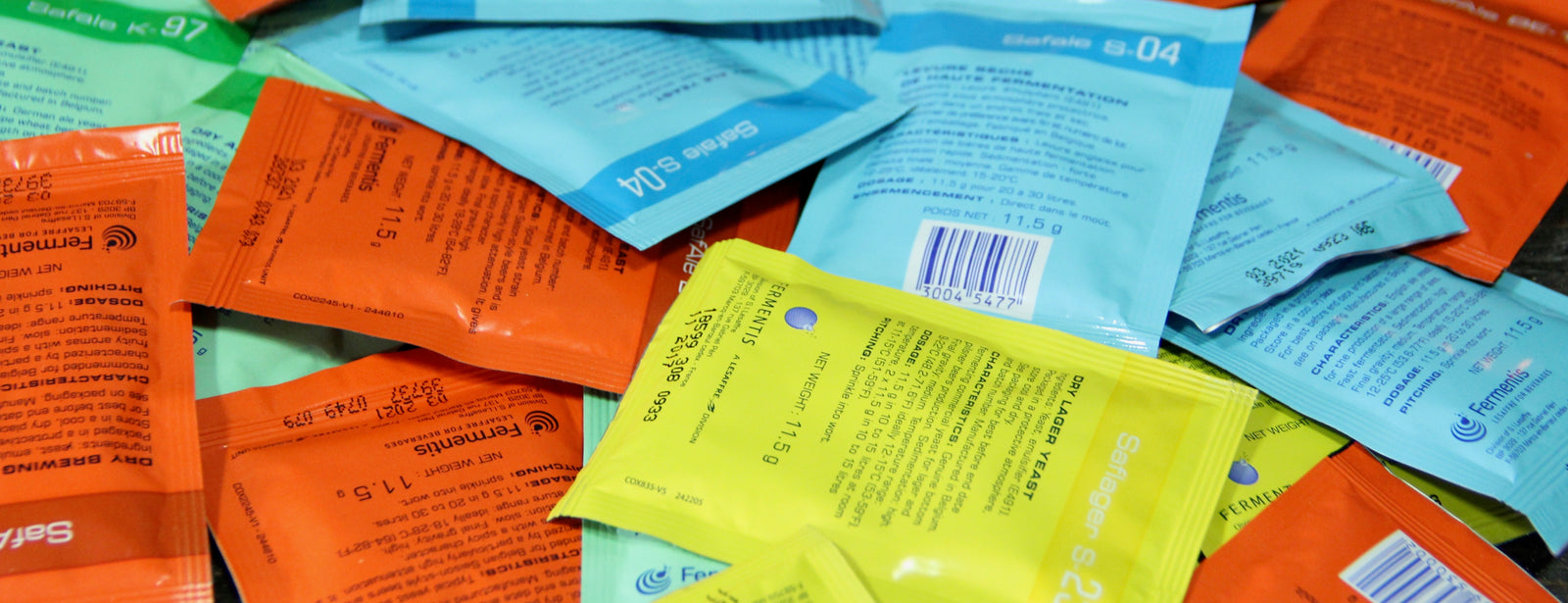
Beer Yeast
Brewing a lager? We got you. Brewing a stout? No problem. Every beer style is within reach with our selections. Our yeasts are always fresh, and none ever require a starter.
Yeast converts all of the fermentable sugars in your brew into alcohol. Different yeast strains can drastically change the character of your beer. Beer yeasts are typically broken down into two different types: Ale and Lager yeasts.
There are many varieties of each type that specialize for certain beer types. The biggest difference between the two strains of yeast is the temperature they ferment at. Ale yeast ferments at room temperature typically, while lager yeasts work best at a much cooler temperature of 9°C to 12°C.
Dry yeast can be stored for long periods of time, provide enough active cells for a strong fermentation and are consistent. These are excellent for brewers just getting started. There is less variety in dry yeasts, which is where liquid yeasts come in.
Liquid yeast have a shorter shelf life, but are available for purchase in a much wider variety of strains. We are proud to carry a wide selection of Guelph's own Escarpment Labs yeast.

